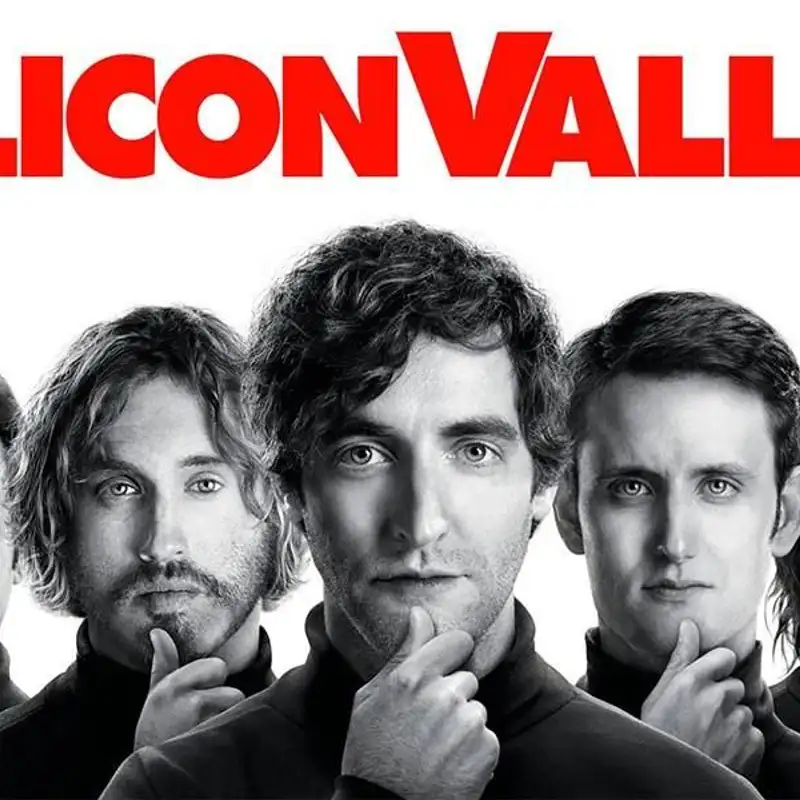734 Venture Capitalists
734 Venture Capitalists
After working at a bunch of startups and starting so many businesses, I figured it was time to launch my own startup.
Let’s level-set: the difference between a regular business and a startup is speed and scale. Opening a cleaners or liquor store can make you millions. A tech startup? That’s how you make billions.
But here’s the catch: you can’t grow big unless you grow fast. That’s just how time and money work. If you made a dollar per minute, every minute of every day, it would take 1,901 years to become a billionaire. So you’d better hurry the hell up.
What’s the fastest way to buy time? Throw money at it. Hire a chef, get a private jet, outsource everything except breathing. Speed costs money, and startups are built to burn it–because driving 100 miles per hour burns more gas than coasting, but you’ll get there faster.
That’s why startups don’t make profits; they raise venture capital instead. VCs are like lottery players–they throw money at unproven businesses hoping to hit the next Google. They know most startups will crash and burn. But in this game, you only need to be right once.
To get VC money, you need a co-founder. VCs don’t trust solo founders–it’s too hard to handle tech and business alone. Even though I can and have, I needed a partner.
At my last job, the CEO was … let’s just say … not great. There was a guy on the business side I thought was smart, so I called him up: “Wanna start something?”
John was thrilled. We’d both been stuck at that startup, unable to do our jobs because of the CEO. Cutting out the middleman made sense.
I told John to come up with ideas. Not to sound arrogant, but I can turn any halfway-decent idea into a business. Ideas don’t matter; execution does.
John came back with two ideas:
1 A high school sports recruiting app. Meh.
2 A platform to help professors price and negotiate their speaking gigs at conferences.
I liked the second one. It could be big (pricing and negotiation are huge industries), niche enough to start (professors), and easily productized as a SaaS app. Perfect.
Here’s the thing: most startups take two years, $2 million, and a team of seven to release a working app. I did it by myself, in a month, for under $100.
That’s the beauty of knowing how to code. $10 for a domain, $22 for hosting, $38 for Google Workspace. Boom–a real business for less than the price of dinner for two.
We launched, got users, and grew fast. So fast, we decided to pursue venture capital after just three months.
I made a spreadsheet of every VC in the US who invests in early-stage SaaS startups. There were 734.
“John, you start at the top, I’ll start at the bottom,” I said.
VCs are tricky to contact. Some make it easy; some bury their emails three clicks deep on their site. Some require LinkedIn stalking, some have online forms that take anywhere from one minute to two hours.
But I’ve worked in sales. When you have a list of leads, you call every single one. No shortcuts.
I powered through 500 VCs in three days, working every waking hour. John, with his family obligations, managed 200. Most didn’t respond. Some said no, some said “not yet.” We got 10 pitch meetings, 4 serious discussions, and even a term sheet we had to turn down because it was garbage.
We were this close to getting $3–5 million in funding. But the VCs were right not to fund us. Let me tell you why.
1 We were too fast, in the wrong ways. Usually, startups raise money to build a product. I’d already built ours. So we were too advanced for a seed round but too early for Series A.
2 We picked the wrong niche. Professors seemed like a good starting point, but VCs hate anything remotely connected to education. And we couldn’t convince them professors could lead to professionals.
3 We didn’t play the prestige card. John has a PhD from Harvard. He’s the only Harvard grad who doesn’t tell you every five minutes. After one VC conspicuously sipped from her Duke University mug, I told John, “Next meeting, wear a Harvard hoodie or something.” He didn’t.
4 The personality clash. One VC’s General Partner was a New York finance bro who probably wakes up at 4 a.m. to bench press capitalism. He asked John, “On a scale of 1 to 10, how bad do you want it?” John, the laid-back Midwestern academic, didn’t exactly sell it.
5 We lacked determination. John lost steam after the rejections. He wasn’t interested in selling beyond his network. VCs can smell when a founder isn’t all-in. And to make a startup work, you have to be desperately determined.
The good news? I’m still determined. We pivoted to align with John’s strengths, and we’re still in business.
I learned the hard way that a good product, pitch, and team aren’t enough. You need the right market, a strategic approach to speed, and–most importantly–someone else’s money.

